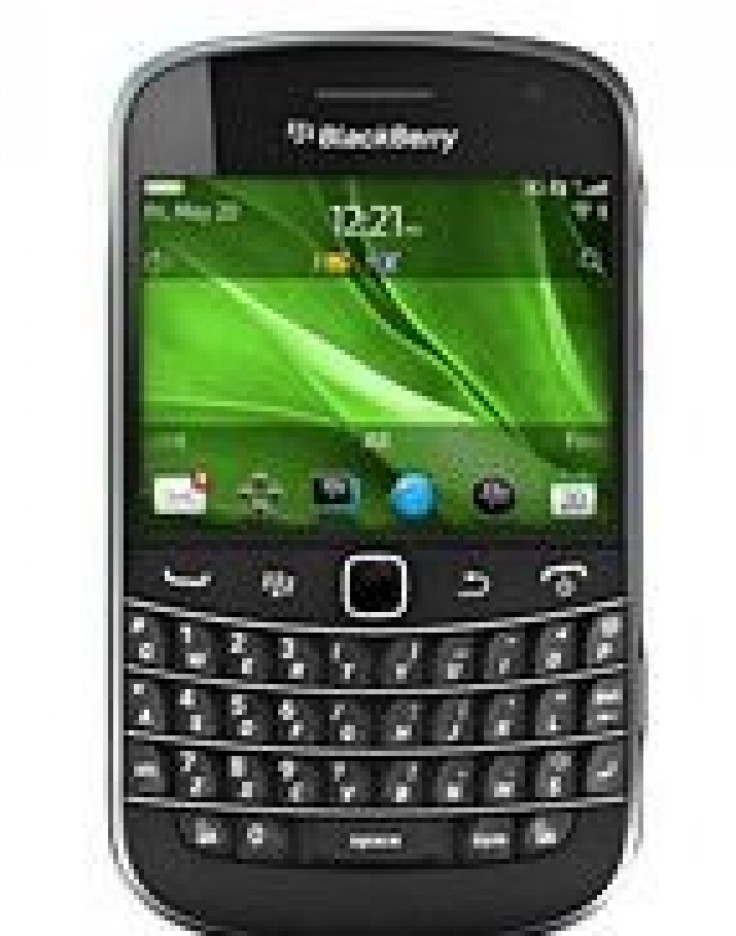RIM: Awful Results Likely to Attract More Activist Investors

Shares of Research in Motion are likely to plummet Friday after the Canadian BlackBerry maker reported second quarter results that missed the diminished expectations of analysts.
RIM shares had fared a little better recently, in part because activist investor and BlackBerry user Victor Alboini bought into the company and demanded change. He also suggested a takeover by a technology buyer.
But they're likely to plunge Friday after the smartphone maker posted worse-than-expected second quarter results. Shares fell 18 percent in after-market trading Thursday to $24.11.
RIM reported earning only 80 cents a share, 7 cents below estimates, as revenue slumped 10 percent to $4.17 billion. Moreover, the company forecast third quarter earnings between $1.20 and $1.40 a share on revenue between $5.3 billion and $5.6 billion.
RIM shares closed Thursday at $29.52, nearly 9 percent better than a month ago, giving the company a market capitalization of $15.4 billion and enterprise value of $13.1 billion, which Alboini or a potential buyer looks at.
A year ago, RIM said second quarter net was $475.6 million, or $1.46 a share, on revenue of $4.62 billion.
Results like that are not expected in a rapidly expanding market for smartphones like the BlackBerry as well as tablets like the BlackBerry PlayBook. That's why Alboini, though Jaguar Financial, has been contacting other investors, which could also expand out of Canada, to shake things up.
RIM said it shipped 10.6 millionBlackBerry phones but only 200,000 BlackBerry PlayBook tablets.
Analysts had expected shipments of about 560,000 PlayBooks.
Apple alone shipped about 20.3 million iPhones and 9.25 million iPads in the period ended June 30.
Jefferies analyst Peter Misek last week downgraded RIM shares to Underperform from Hold, noting sales of new BlackBerry OS 7 phones were lackluster as sales of older units continued to deteriorate.
Misek also believes RIM will try to rush a smartphone based on the QNX technology recently acquired in time for January's Consumer Electronics Show.
However, Misek noted RIM developers are having problems integrating the QNX phone with e-mail and calendar functions.
Meanwhile, new products are expected to be unleashed to consumers soon, including a Kindle tablet from Amazon, Android-based Chinese phones from HuaWei and ZTE priced around $300 as well as Apple's iPhone 5.
Alboini and potential other activist investors might demand RIM auction itself or perhaps launch a patent sale similar to Eastman Kodak's current exercise or InterDigital's entire self-auction.
With about 8,300 patents, a sale could prove lucrative, although the preferred method in a fast-growing sector is for the owner to arrange cross-licenses and derive royalties. The portfolio could be valued as high as $2 billion, some analysts suggest.
Earlier this year, Research in Motion was in a syndicate that paid $4.5 billion for patents auctioned by Nortel Networks, along with Apple, Microsoft, EMC, Ericsson and Sony. So the library has grown larger. RIM said it paid $780 million for the Nortel patents.
Meanwhile, RIM's OS could stand to lose further market share behind Apple and various Google Android OS products if Microsoft manages to get enough vendors to install Windows 8 tablet OS which it is releasing to developers this week.
Market researchers IDC and IHSiSuppli said it remains in fourth place in mobile market share vs. Apple, Samsung and Nokia.
© Copyright IBTimes 2024. All rights reserved.












